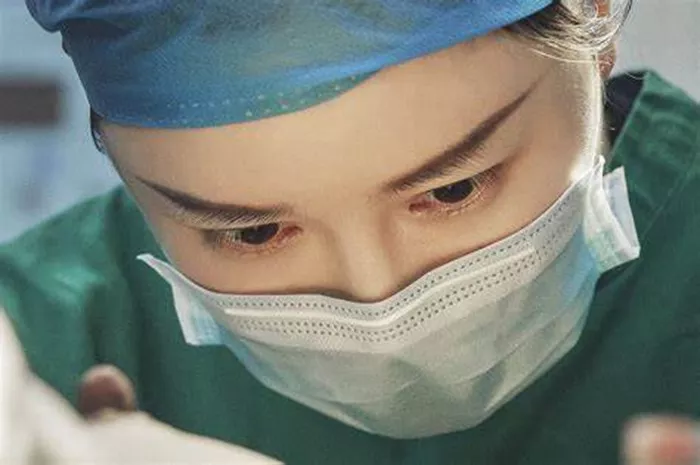Regenerative therapies are revolutionizing the fields of facial plastic surgery and aesthetic medicine by offering a more natural and less invasive approach. Among these, the utilization of exosomes, or extracellular vesicles, has long been recognized in the realm of regeneration. However, historical challenges such as unpredictability, limited accessibility, and high costs have restricted their widespread use. Now, a significant breakthrough has emerged with the Mayo Clinic – supported development of platelet – derived exosomes, opening up new possibilities for innovative treatments in various medical areas including aesthetic medicine, wound care, regenerative medicine, and hair restoration.
Exosomes, small extracellular vesicles (EVs) released by all cells, including stem cells, are carriers of bioactive molecules like proteins, microRNAs, and lipids. These molecules play a crucial role in maintaining positive cell signaling. Deanna C. Menapace, M.D., a facial plastic surgeon at the Mayo Clinic Cosmetic Center in Jacksonville, Florida, emphasizes, “EVs are the primary form of communication between cells and heralded as ‘key messengers’ in regenerative medicine. Exosomes ‘push on the gas’ for healing factors in the body. They can stimulate collagen production, reduce wrinkles, and improve skin elasticity, among other benefits.” The Cosmetic Center’s use of platelet – derived exosomes in facial plastic surgery and aesthetic treatments has already yielded remarkable results.
The development of using platelet – derived exosomes represents a new approach to regenerative aesthetics. While stem cells have dominated regenerative medicine for years, the difficulties in extracting and growing them led researchers to explore alternative sources. Retrieving exosomes from platelets proved to be a viable solution. Dr. Menapace explains, “Mayo Clinic researchers, who work extensively with stem cells, discovered that exosomes within the cell are the’main players’ in encouraging regeneration.” Platelet – derived exosomes offer advantages over those from other sources, being more reproducible, reliable, and easier to process. Moreover, since they are not “alive” and do not replicate, concerns about immune reactions or oncogenesis are minimized.
The use of topical platelet – derived exosomes in aesthetic medicine is backed by a growing body of scientific evidence. Studies have shown that these exosomes can target cell senescence, boost overall skin health, improve scar appearance, and supplement hair loss programs. However, it’s essential that this therapy is administered by a healthcare professional as part of a personalized care plan. As Dr. Menapace warns, “This type of product is very powerful, and it should be used under the guidance of a duly licensed physician or advanced healthcare professional due to its application nuances.” Currently, the product is not approved for injection outside of FDA – approved clinical trials.
Looking ahead, although platelet – derived exosomes are currently only for topical use, Dr. Menapace is optimistic about the future. “Platelet – derived exosomes have emerged as a promising therapeutic frontier in aesthetic and regenerative medicine. There are so many potential applications, and new clinical indications and methods of use are not far away,” she says. With the Mayo Clinic’s pioneering cell – free technology for processing and storing these exosomes, the future of regenerative therapy in aesthetics and beyond looks bright.
- Christina Aguilera, ‘undetectable’ Plastic Surgery
- Meghan Trainor Hints At Plastic Surgery In New Lyrics
- Jamie Lee Curtis Regrets 20s Plastic Surgery


